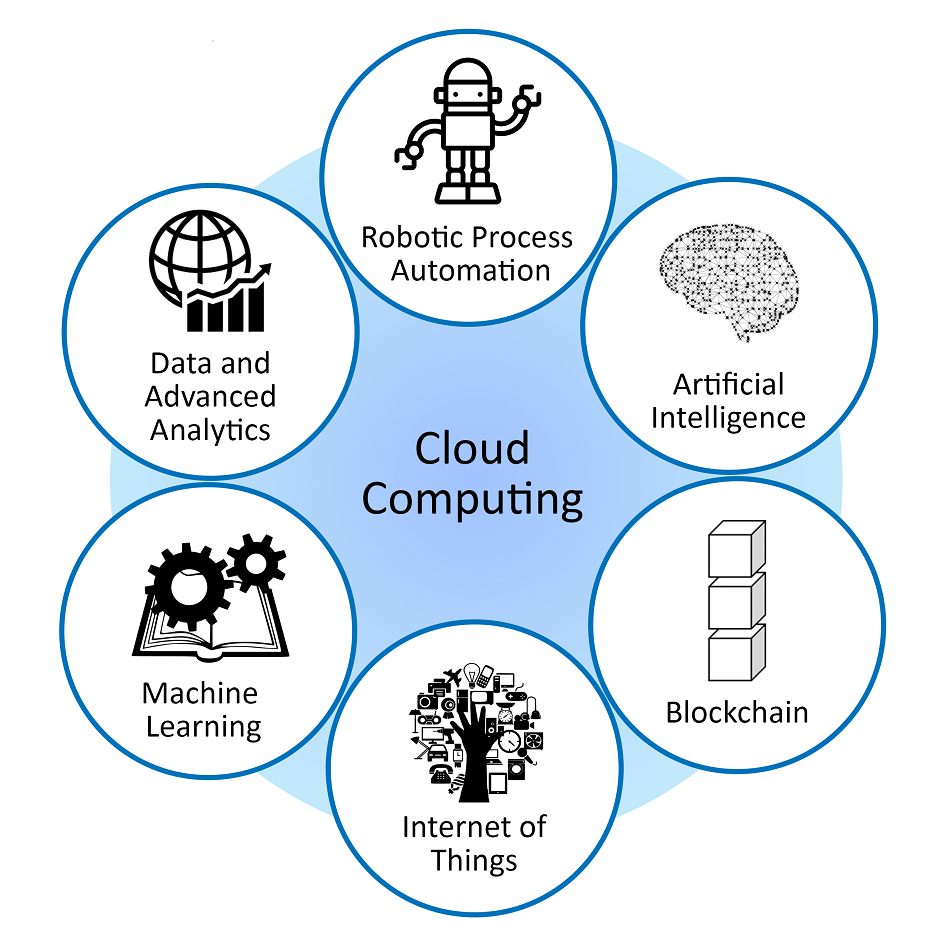
Our Technologies
The UN DSC works with technologies such as Robotic Process Automation (RPA), Artificial Intelligence (AI), machine learning, Internet of Things, Data and Advanced Analytics, Business Intelligence (BI) and blockchain to help streamline how UN Agencies organize their support services.
Data and Advanced Analytics
Data analytics tools can unlock insights that can lead to improved performance, greater compliance and competitive advantages for the UN. The UNDSC develops solutions for optimised performance transactions so UN staff can utilize the vast amount of data within those transactions to understand potential improvements. These insights will ultimately drive operational efficiencies and better decision-making across the UN system.
Robotic Process Automation (RPA)
RPA software automates human activities for repetitive, rule-based tasks. These automated processes follow prescribed protocols and procedures, enabling decreased human error, improved accuracy, and increased cost controls. RPA can serve as the groundwork for more advanced cognitive technologies that augment or replace the need for human judgment in knowledge-based processes by driving data standards and consistency.
Artificial Intelligence (AI)
Artificial Intelligence mimics human intelligence to help solve complex problems. AI takes cognitive automation a step further by making predictions, recommending actions and recommending solutions. AI can enable the UN DSC and its customers to synthesize extremely complex and multifaceted data sets, automatically implement process improvements and make data migration recommendations.
Machine
Learning
Machine learning applies AI to provides systems the ability to automatically learn and improve from experience without being explicitly programmed to do so. The process of learning begins with observations to look for patterns in data and make decisions in the future based on the provided examples. The primary aim is to allow computers to learn automatically without human intervention or assistance and adjust actions accordingly.
Blockchain
Blockchain is a digital ledger that can make and record transactions, agreements and contracts and in the process develop an immutable chain, ensuring security and reducing the risk of corruption. Blockchain allows for secure data collection and has big implications for use in shared services. For the UN, this means cross-border payments between entities can be expedited, secured and recorded and used as a tool to verify digital identity.
Cloud Computing
Cloud computing brings a host of benefits, from saving money on hardware and maintenance to ease of collaboration across a globalized workforce. By outsourcing its technology infrastructure to the cloud, organizations can free their IT staff to spend more time on strategic initiatives. The UN DSC, with its relationship to ICC and cloud vendors, can help organizations understand the value of cloud computing in operational activities.
Internet of Things
Sensors and actuators connected by networks to computing systems can bring process effectiveness and accuracy as well as savings and optimisation to UN organizations. IoT, ranging from transport tracking to monitoring health and wellness with mobile devices, is changing the way our world works. The UN DSC, with its strategic partnerships and inhouse expertise, can gather ideas, test them and deploy at scale across UN Agencies.

